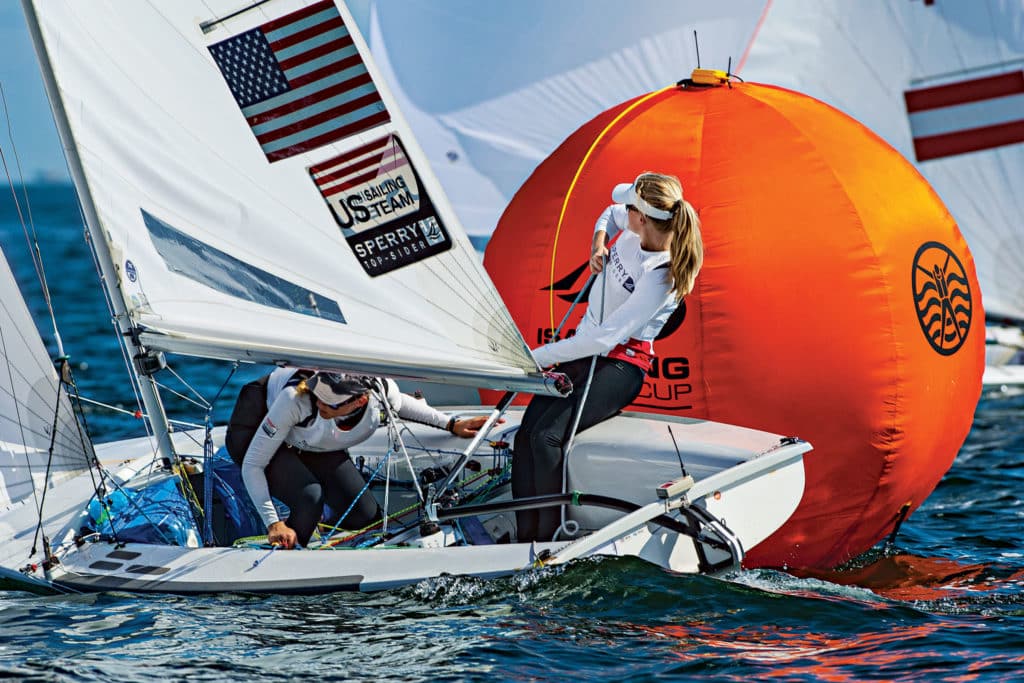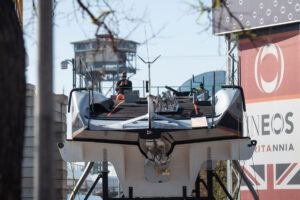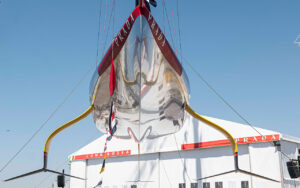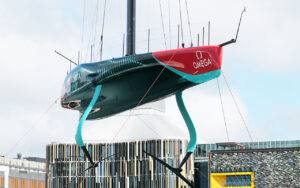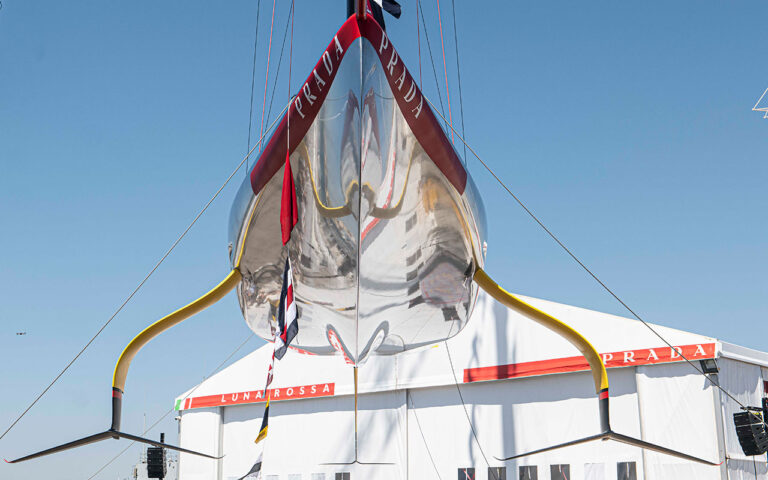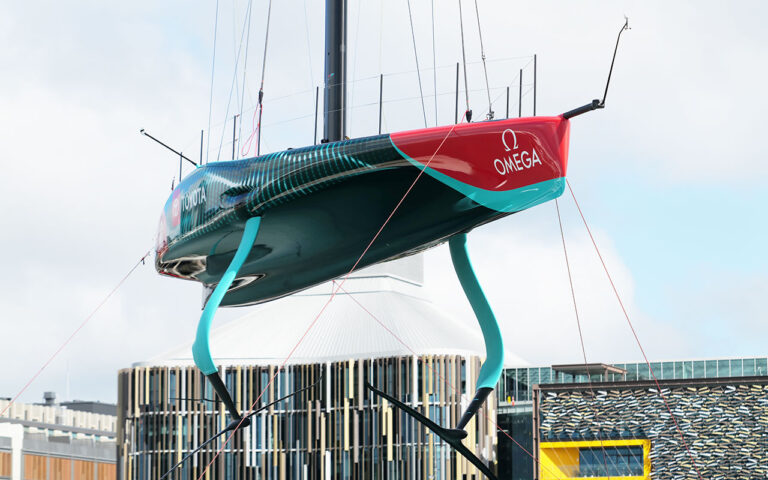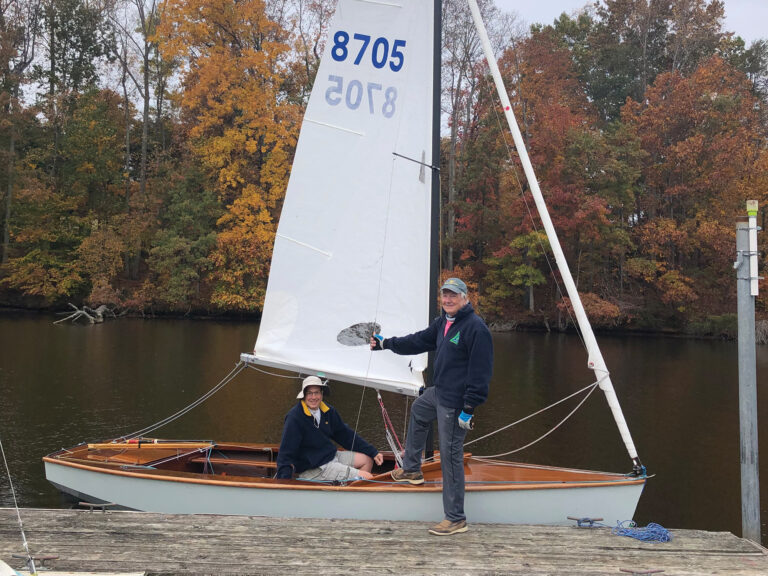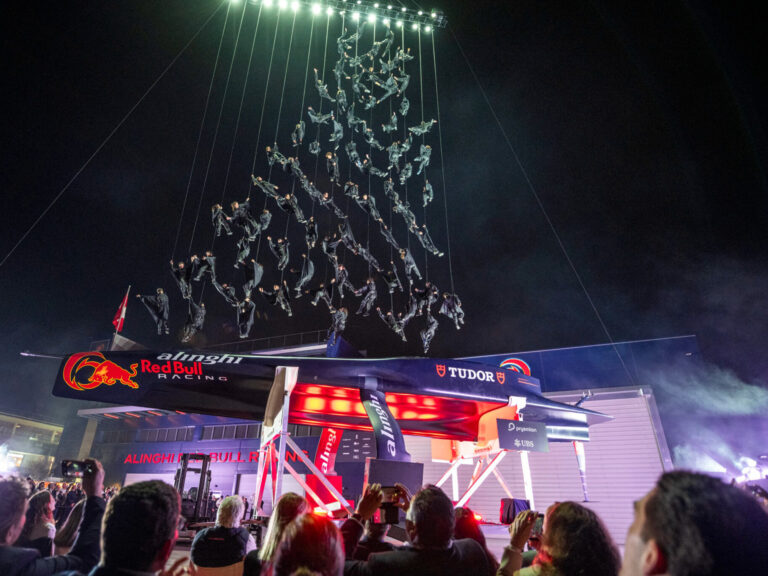I enjoy watching the Olympics every two years because they always bring back a lot of great memories. It’s just cool to watch athletes at their peak competing head to head, with so much at stake. It’s not just another event.
An Olympic competition is the absolute pinnacle of any sport, including sailing. Athletes orient their entire careers to be at their best come race day. The mental game becomes far more challenging when there’s the added pressure from increased media coverage, and the privilege and burden of representing one’s country. Thus, it’s always a fascinating study in how to achieve results in the most challenging environment. Having gone to the Olympics twice as an athlete and twice as a coach, I can relate to the challenge of being at your personal best during the Olympics. I still learned a thing or two from following the Winter Games in Sochi, and I believe these are lessons all of us can apply to our sailing.
The first thing I noticed is the athlete who is physically superior usually wins, especially in individual sports. This may seem obvious, but it’s easy to forget that sport is fundamentally a physical activity, and if you can be better than your competition by being fitter, stronger, and more agile you have an edge that goes beyond the advantage of physical superiority. You also have a mental edge because you know you’re starting off ahead, and so does your competition. You still have to get the job done, but you don’t have to do anything exceptional or something you have never done before.
In sailing this means developing better hiking muscles, balance and flexibility, and core and upper body strength—not just better than before, but better than the competition. Take, for example, Anna Tunnicliffe, Ben Ainslie, or Robert Scheidt. They’re great sailors, but they’ve also worked harder than the competition on their physical fitness, and therefore have a physical and mental edge.
The Sochi Games also showcased the importance of mental preparation. This is an area that has developed tremendously to the point where every athlete has a detailed mental training routine. Among equally fit and talented athletes, the one who is mentally superior will usually win. This is a complicated area—a complete package of mental preparation comes from imagery, confidence building, mental rehearsal for particular situations, and self-talk.
In the moments before her slalom runs, for example, 18-year-old gold medalist ski racer Mikaela Shiffrin was completely inside her head. Her coach was there, but he was silent. She ran through the course, activating her muscles and putting herself in a mental state where she could execute the one-minute run using as much of her potential as possible. She wasn’t over thinking it, but she wasn’t under thinking it either. She was trying to attain the perfect mental state where her body and instincts could take over at the start gate.
We all know the mental side of sailing is critical, but how do we get to a state of maximum effectiveness: clued into the right thing at the right time, sailing the boat fast, and making the right calls? Our sport is complex and dynamic. We’ve all experienced that moment when we’re in sync with a certain wind and wave pattern. That’s a cool feeling. Other times it’s harder, and we need to be mentally agile and tough, especially when things are not going according to plan. Olympic competition is incredibly difficult, and watching the athletes compete is inspiring. Imagine doing a triple flip off the half-pipe. Talk about nerves of steel. And courage. And being in the moment. Fortunately, our sport happens a little slower, but at the highest levels of sailing, the game is profoundly mental.
My third observation from Sochi is that teams can create a chemistry that allows superior results, even in individual competitions. For example, on the Dutch speed skating team, it was obvious each skater’s success willed the others to win. We can all draw positive energy from teammates and use it to improve our own performance. Of course, the Dutch speed skaters may also have physical superiority, but it was still clear that they were helping each other win.
I could see it in cross country ski events, too. While watching the finish of the Norwegian sweep in the ladies’ 30-kilometer race, I could see and hear the training partners break away together, work together to secure the medals, and then battle each other for the gold. Positive team chemistry also helps produce Olympic medals in sailing. I have seen it happen at all four Olympics in which I’ve been involved. When one of the other classes is successful, the whole atmosphere around the team becomes one of positive feedback.
In team sports, we can also see positive and negative team chemistry. For example, the Canadian hockey teams, both men and women, had an air of confidence. It wasn’t that they were superior players. Rather they seemed comfortable with each other and were better as a unit. Meanwhile, the American men seemed to lose their cohesiveness and confidence in the later games, and eventually got crushed by Finland, a team that wasn’t superior but skated with more confidence and togetherness.
In sailing, we are normally part of a team, so success is not just doing a good job ourselves but creating a team that is more than the sum of its parts. The 34th America’s Cup is a perfect example. In the beginning, Emirates Team New Zealand sailed with more confidence and cohesion, but in the end, Oracle Team USA found a way to create an even stronger team (plus a little boatspeed). From my experience, elite sailing teams succeed because of a chemistry that allows consistently high performance, especially when the going gets tough. This is something we can all work on, which will help us far more than boathandling practice.
Sochi inspired me to raise my game. I plan to be stronger, to do a better job of mentally preparing, and to create better bonds with my teammates. All of these things are possible for me, and they can be for you, too.
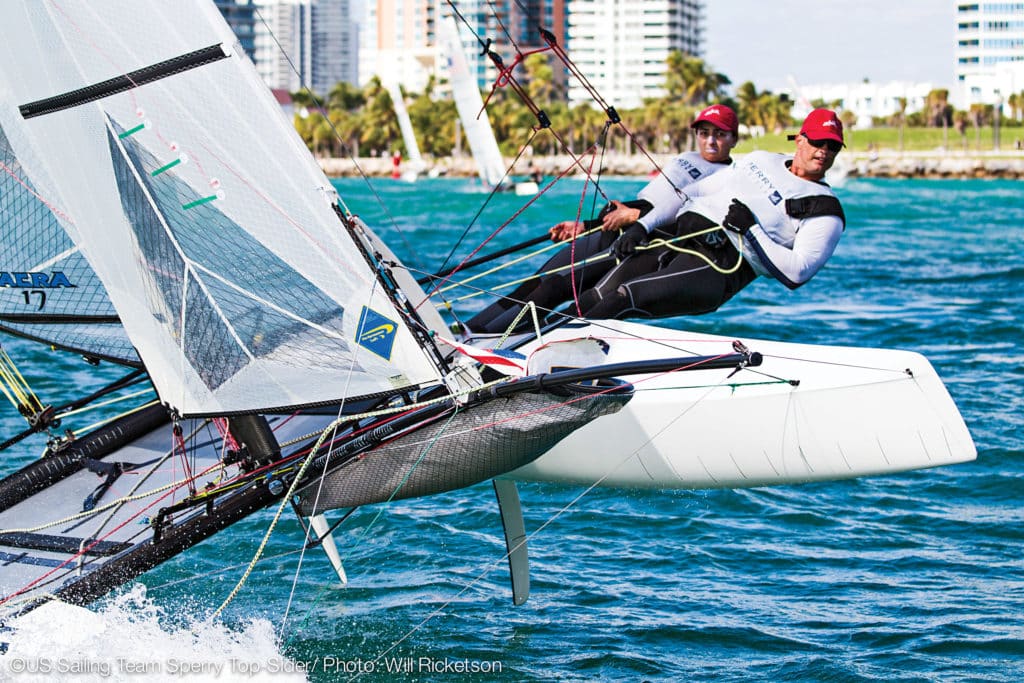
Nacra 17
